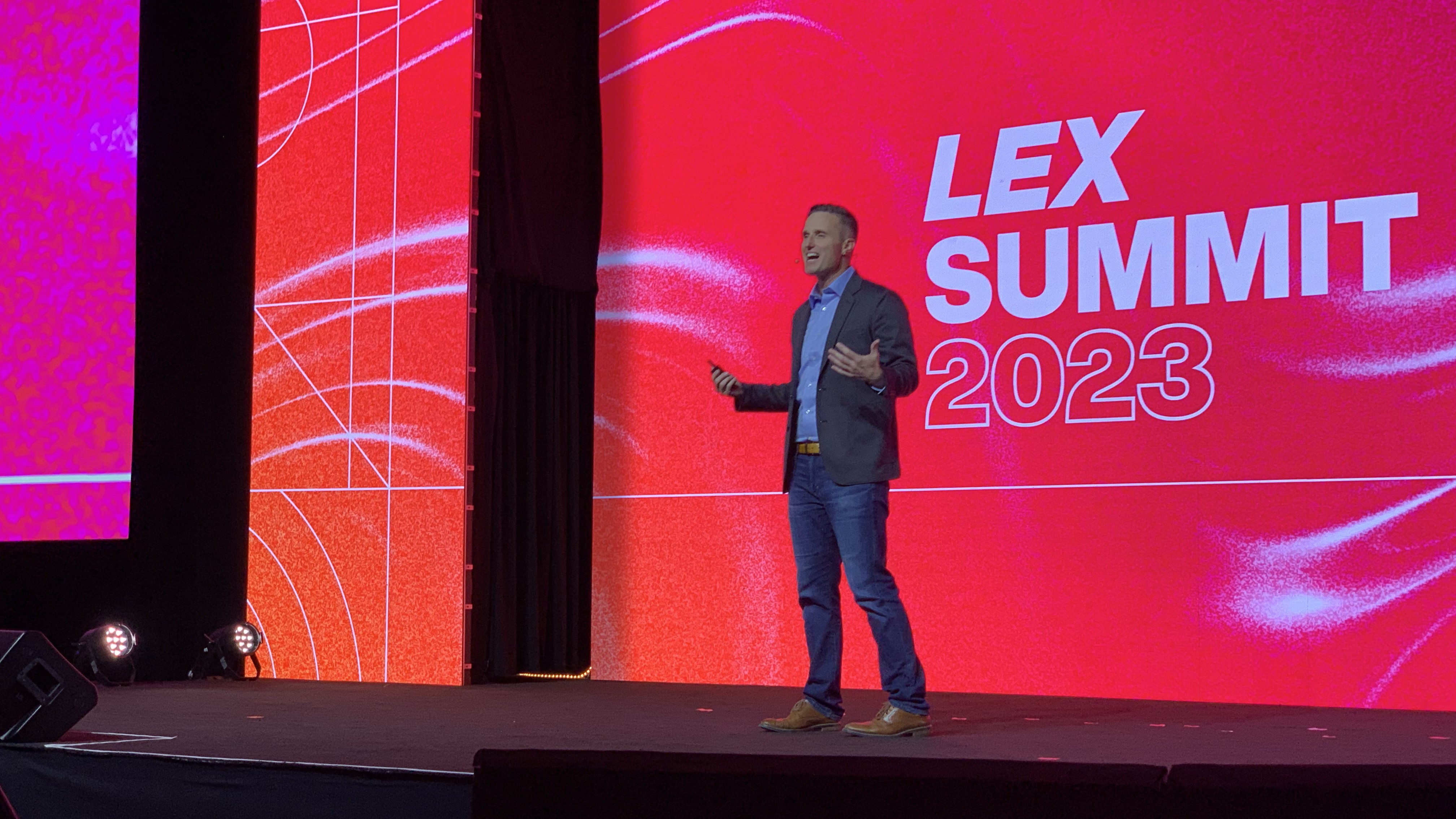At its LEX Summit user conference this week, the law practice management company Filevine made two major product announcements, and its CEO outlined a broad vision for incorporating AI throughout the company’s products.
The first of the two product announcements is a feature that uses artificial intelligence to translate client documents and then extract and label data from those documents which can then be used to auto-populate immigration forms.
The second is an accounting integration with Oracle NetSuite that will provide Filevine customers with access to a fully native NetSuite application and that will integrate with other Filevine features and integration partners.
Immigration Automation
For the immigration forms, Filevine has partnered with Google Cloud, which provides a range of services that developers can use to build custom AI models and applications or to add AI capabilities to existing applications.
The feature will take images and documents provided by clients – such as birth certificates, marriage licenses, passports, and tax returns – and first translate them, if they are not in English, and then extract and label the information they contain.
Once extracted and labeled, the client data (name, date of birth, etc.) is then stored in Filevine and can be used to auto-populate immigration forms.
The feature was developed by Filevine’s Legal Futurists team, a group of data scientists, lawyers and IT professionals who operate as a sort of skunkworks within the company.
They said this AI-powered tool for immigration cases is just a small step towards Filevine’s goal of integrating AI throughout the platform.
NetSuite Integration
With regard to the NetSuite integration, Filevine said that it had heard from its customers that they wanted a more robust accounting integration.
It described the announcement as a “powerful integration between two cloud leaders” that will provide seamless integration between the platforms to sync projects, contacts, time entries, cost entries, check requests and KPIs.
It will integrate across the Filevine “fileverse” that includes Outlaw for contract management and Lead Docket for lead management, as well as with the data visualization and analytics platform Domo, another Filevine integration platform.
NetSuite’s accounting software is part of the broader Oracle NetSuite platform of enterprise resource planning (ERP) software that also includes financial management and other business management tools.
Oracle NetSuite is designed for mid-sized to larger businesses. Filevine said it is used by companies such as Audi, Salesforce, and Cisco.
I do not know whether it is used by law firms or whether it has any features specific to law firms, such as trust accounting.
Filevine’s customers include many personal injury, mass tort and insurance defense firms, as well as general mid-sized firms and corporate legal departments.
It sounds as if this new integration will be best suited to larger firms among Filevine’s customer base. I do not know whether it is suitable for smaller firms.
In announcing the integration, Filevine did not address the cost of NetSuite, but my understanding is that it is a premium accounting software that comes with a premium price.
Bullish on AI
In his keynote opening the conference, Filevine CEO Ryan Anderson (who is pictured in the featured image above) startled some in the audience when he predicted, “AI will replace lawyers … .”
But then he finished that sentence, “…who fail to adapt with it.”
He said that Filevine is “bullish on AI,” but not as a standalone product, but rather as a component of a multifaceted platform.
Filevine’s plan is to build AI throughout its platform, he said.
“AI will not replace you, because Filevine will help you adapt.”
 Robert Ambrogi Blog
Robert Ambrogi Blog